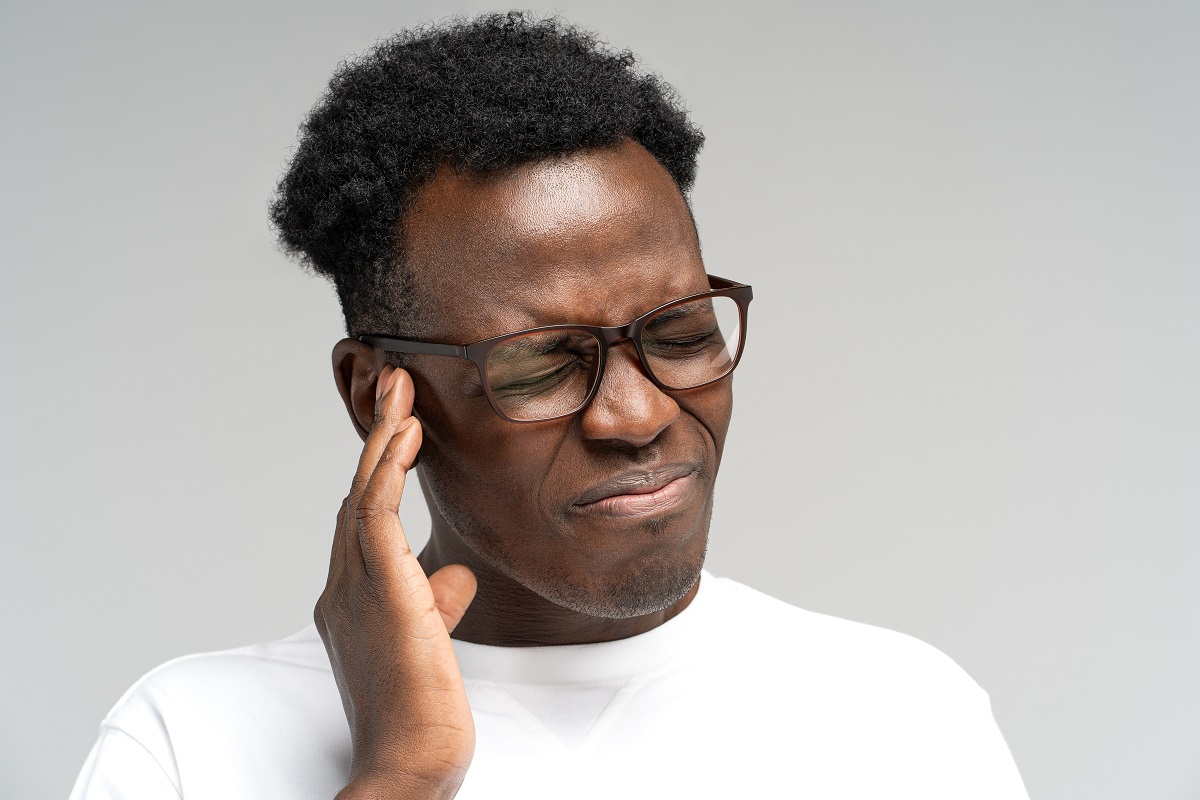The Causes of Acquired Hearing Loss

Hearing loss is a common health problem that affects 38 million people in the United States. Researchers are working hard to discover what makes people lose their hearing and how to prevent and treat it. But there is still a long way to go before we know what causes this condition.
So far, we know that hearing loss can be either born with or picked up over time.
‘Congenital’ means hearing loss occurs when the person is born or soon after. It can be caused by genes or by something else.
A hearing loss not present at birth is called ‘acquired.’ According to the latest research, three main things cause people to acquire hearing loss. Let’s look at each one at a time.
Comorbidities
This is when hearing loss is caused by a condition already there.
Ear infections are the leading medical cause of hearing loss. Middle ear diseases, also called acute otitis media, are common in young children. They cause irritation, pain, and inflammation of the inner ear.
Too much fluid behind the eardrum can stop the eardrum and the bones in the middle ear from working. This can make it hard to hear.
Because their immune systems aren’t as strong, young children are more likely to get middle ear infections. This is because it’s hard for them to fight off respiratory diseases when their immune systems aren’t as strong.
Other medical causes of hearing loss in adults are:
Ménière’s disease. The cause of Ménière’s disease is not clear. People between 30 and 50 years old are most likely to get it. Sensorineural hearing loss is the type most likely to come from this condition. Also standard are dizziness and ringing in the ears. Hearing loss comes and goes, but some damage worsens over time and can’t be fixed.
An autoimmune disease of the inner ear: A disease that attacks the body itself is called an autoimmune disease. This kind of loss of hearing happens quickly. If you lose your hearing out of the blue, you should see a doctor right away. Hearing loss can be made less severe with medical help.
Side effects of medication
Some drugs are sometimes thought to be ototoxic. Worryingly, the American Speech-Language-Hearing Association says that there are more than 200 of these kinds of medicines on the market right now.
Even though it’s not a sure bet that they will cause hearing loss, you should know about them just in case. Talk to your doctor about what you can do if you take medicine and have signs of hearing loss, ringing in the ears, or dizziness.
Here is a list of the drugs that cause hearing loss most often:
- Naproxen and ibuprofen.
- Asprin
- Quinine
- Loop diuretics
- Antibiotics used to treat kidney diseases
Keep in mind that these drugs are sometimes good for your hearing. To be careful, you should always read the label and see a doctor if your hearing changes or any other health problems.
Noise-induced hearing loss
Hearing loss from noise can happen to people of any age. It may grow quickly or slowly depending on where the noise is coming from and how loud it is.
Suddenly: When a sudden, loud sound near the ear, like an explosion, gunshot, or firecracker, damages either of the ear’s structures and causes immediate, dangerous, and sometimes permanent hearing loss. Sometimes, a condition like this needs medical help right away.
Slowly: This is a common cause of noise-induced hearing loss over a long period. Over time, hearing these sounds over and over again can damage hair cells, making them stop working as they should.
When you know how hearing loss happens, it’s easier to stop it from happening in the first place. Contact us if you have trouble hearing. We’ll check your hearing and help you find the best ways to take care of it so you can get back in touch with your loved ones.
